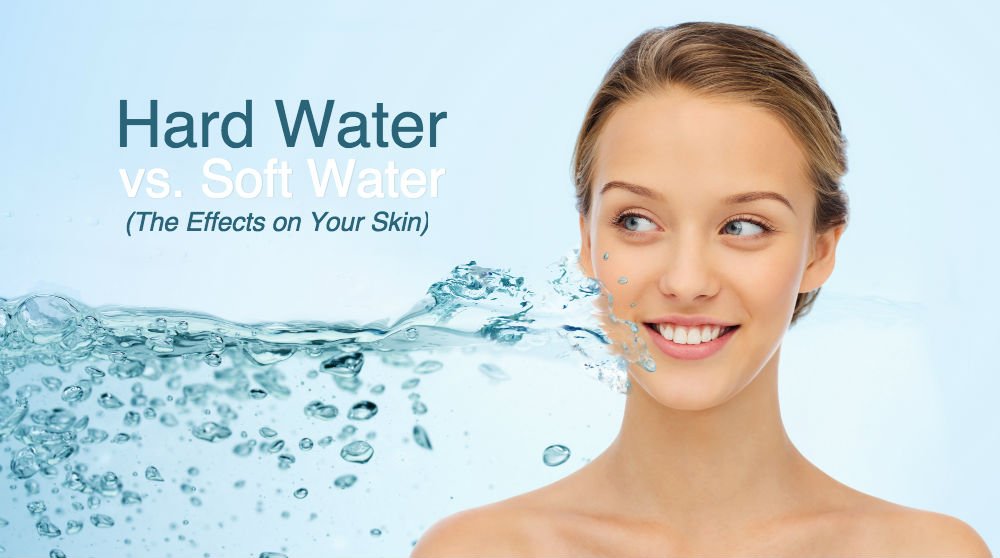When it comes to water, we often assume that it’s all the same. However, there are different types of water, and one type in particular – hard water – can have a significant impact on both your home and your health.
Hard water is defined as any water supply that contains an excessive amount of minerals such as calcium and magnesium. This may not sound like a big deal, but the buildup of these minerals can cause several issues that can affect your daily life.
In this article, we’ll explore how hard water affects your home and health.
How Hard Water Affects Your Home
The minerals present in hard water can wreak havoc on your household appliances and plumbing systems. Over time, they can lead to limescale buildup, which can clog pipes and reduce water flow. This not only affects the effectiveness of your appliances but also increases your energy bills as they have to work harder to function properly.
Additionally, hard water leaves behind mineral deposits on surfaces such as faucets, sinks, and showerheads. These white spots are not only unsightly but can also be difficult to clean. They can also damage the finish of your fixtures, causing them to look dull and worn out.
Furthermore, hard water can also affect your laundry. The minerals in hard water can react with soap, making it less effective at cleaning clothes. This can result in dingy and stiff fabrics that are not only uncomfortable but also wear out quickly.
How Hard Water Affects Your Health
The impact of hard water on your health may not always be noticeable, but it can still cause problems. The high mineral content in hard water can make it less hydrating and leave a strange taste in your mouth, which can discourage you from drinking enough water.
In addition, the minerals present in hard water can irritate sensitive skin and exacerbate existing skin conditions such as eczema. It can also cause your hair to become dry and brittle, leading to frizziness and breakage.
Moreover, the buildup of minerals on surfaces can create a breeding ground for bacteria, making it easier for illnesses to spread in your home.
Ways to Combat Hard Water
Now that we understand how hard water affects both our homes and health, let’s discuss some ways to combat it.
One option is to install a water softener, which works by removing the minerals from the water through a process called ion exchange. This can significantly reduce the limescale buildup, protect your appliances, and make cleaning efforts more effective.
For example, individuals living in areas with particularly hard water, like Salt Lake City, might consider a specialized water softener to address their local water conditions. By matching the softening system to the specific mineral composition of their water, residents can optimize the effectiveness of the softener, ensuring their water is conducive to a healthy lifestyle and a well-maintained home.
Another option is to use a water filter, which can help remove some of the minerals and other impurities from your water. However, this may not be as effective as a water softener in preventing limescale buildup.
Conclusion
In conclusion, hard water may seem harmless at first glance but its effects on both our homes and health can be significant. From damaging appliances to affecting the taste of our water, it’s essential to be aware of the impact hard water can have and take steps to combat it. With the right solutions, we can ensure that our homes are well-maintained and our health is not compromised by hard water.
So next time you turn on your faucet, remember the hard truth about hard water and take action to protect your home and health. Keep in mind that every household’s water supply may be different, so it’s important to assess your specific needs and consult a professional if necessary. Don’t let hard water get the best of you; take control and enjoy all the benefits of clean, soft water.



